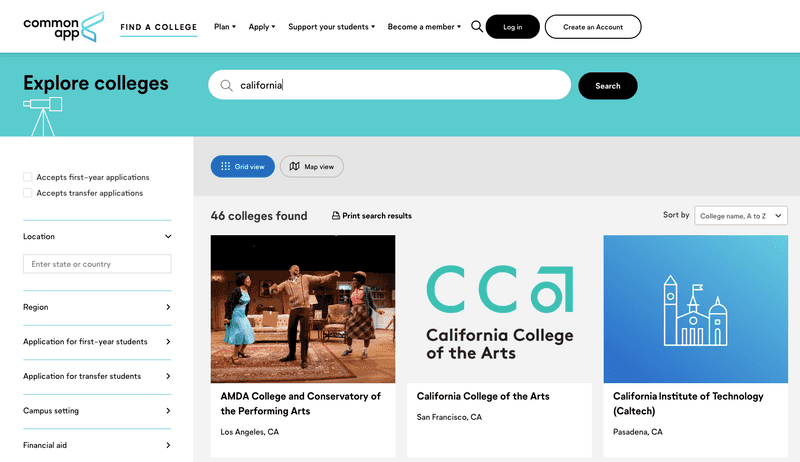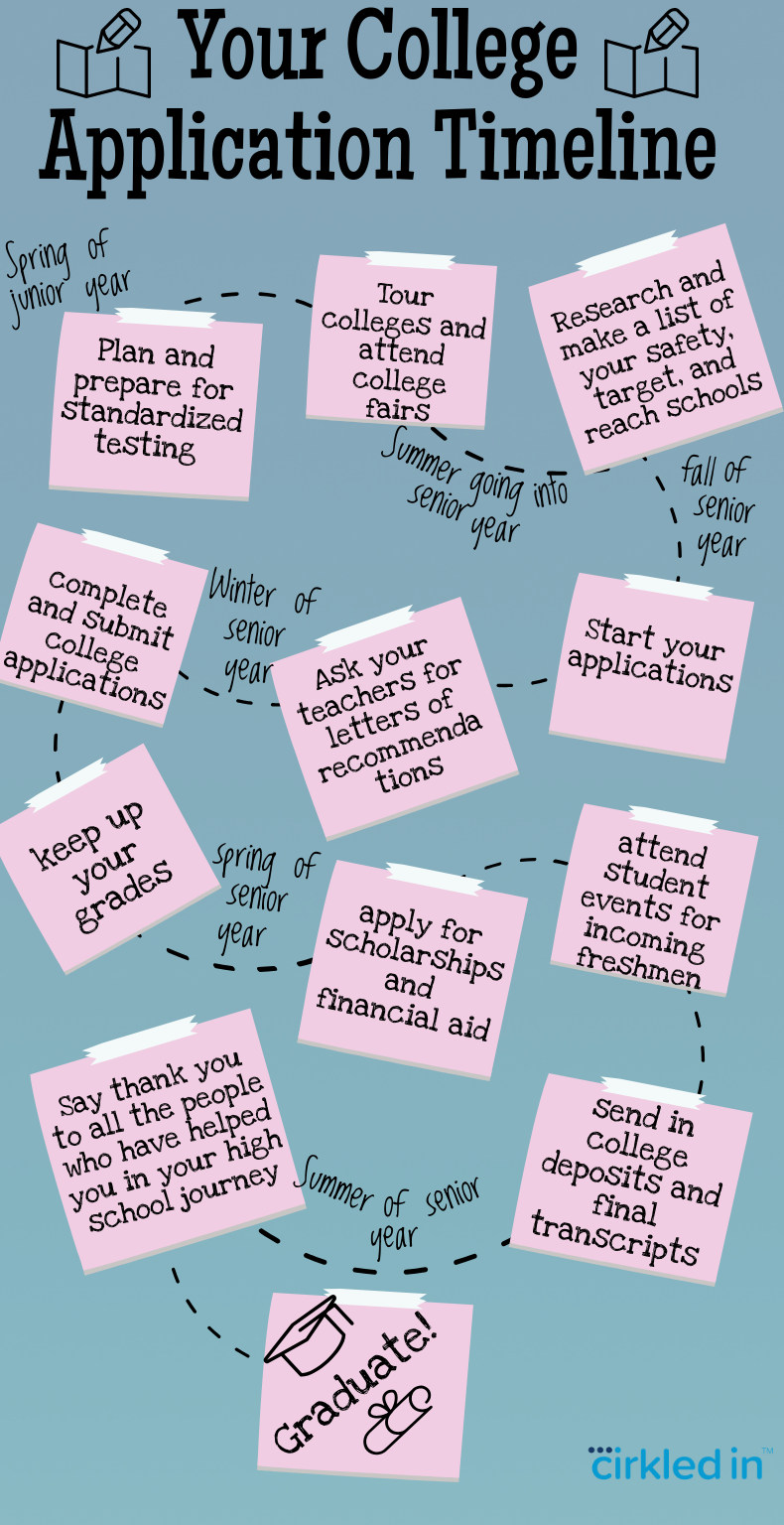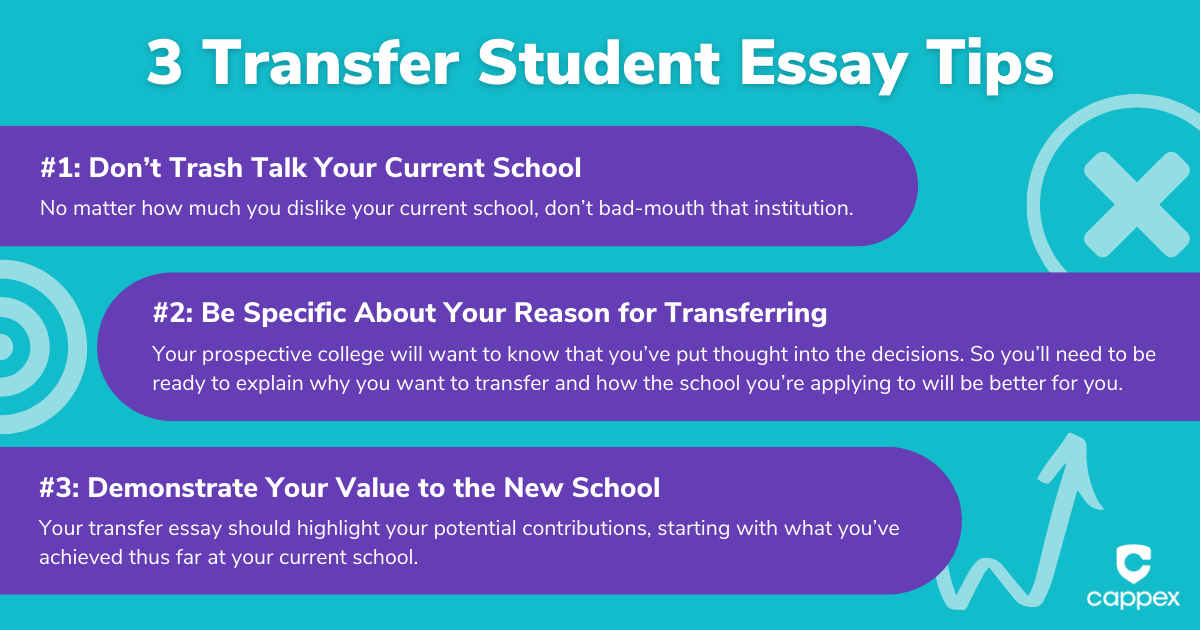Key Takeaways
MIT doesn’t require you to declare your major when you apply, so you can explore different fields during your freshman year.
You should engage with departmental events and resources to understand the breadth of engineering fields available.
Advisors are key to guiding you through the process of choosing and declaring your major.
Your choice of major can influence your academic and career trajectory, so consider it carefully.
MIT offers extensive support and resources, including the Undergraduate Research Opportunities Program (UROP), to help you succeed in your chosen field.

“Massachusetts Institute of Technology …” from bemoacademicconsulting.com and used with no modifications.
Embarking on Your MIT Engineering Journey
Welcome to an exhilarating journey towards becoming an engineer at one of the world’s premier institutions, MIT. Here, you’ll not only acquire the technical knowledge but also the creative and analytical skills to innovate and excel in the engineering field. Remember, when you apply to MIT, you’re not just choosing a college; you’re stepping into a world where your ideas can take flight and make a tangible impact on the world.
Discovering the Diverse World of Engineering at MIT
Before you even think about declaring a major, know this: MIT is a playground for the intellectually curious. You’ll find yourself surrounded by minds buzzing with ideas in aerospace, biotech, computer science, and so much more. The beauty of this place is that you don’t have to pigeonhole yourself from the get-go. There’s room to explore and grow, and that’s exactly what you should do.
Understanding the Impact of Your Major Decision
Choosing your major is like setting the GPS for your future career. It’s a decision that shapes not only your time at MIT but also the opportunities that will be available to you after graduation. But don’t let that intimidate you. You’re at the helm, and you’ve got the resources and support to make a choice that resonates with your passions and goals.
What You Need to Know Before Declaring a Major When You Apply
First things first: relax. You don’t need to declare your major when you apply to MIT. That’s right, you’ve got time on your side. Use your freshman year to dabble in different subjects, attend various department events, and talk to professors and students. This is your time to be a sponge – absorb everything!
Exploring Your Interests: The Freshman Experience
As a freshman at MIT, you’re encouraged to explore. With a smorgasbord of introductory classes and events, you’re in the perfect spot to test the waters. Dive into subjects you’ve always loved, or challenge yourself with something entirely new. The point is to get a taste of what sparks your interest and what doesn’t.
The Role of General Institute Requirements (GIRs)
The GIRs at MIT are a set of core subjects that every student, regardless of major, is required to complete. Think of them as your academic foundation, giving you a solid base in math, science, and the arts. They ensure that no matter which major you eventually declare, you’re well-rounded and grounded in the essentials.
Step One: Dive into Departmental Explorations
Once you’re ready to start considering your major, the first step is to get to know the departments. MIT is home to a plethora of engineering disciplines, each with its unique strengths and focus areas. Attend departmental open houses, sit in on advanced lectures, or join student-led projects. This isn’t just about finding a major—it’s about finding your community within MIT.
Step Two: Take Advantage of Academic Advisors
Advisors are your navigators through the sea of choices at MIT. They’ve seen students like you, with dreams and potential, chart their courses successfully. Meeting with your advisor isn’t just a box to check; it’s an opportunity to ask questions, express concerns, and get personalized guidance. They can help align your interests with the right major and ensure you’re on track to meet all requirements.
Step Three: The Form and Formalities
When it’s time to declare, you’ll need to fill out a form. But it’s not just paperwork—it’s a milestone. It signifies your commitment to the field you’ve chosen to master. You’ll select your major officially and discuss it with your advisor to make sure it’s the right fit. Once you submit the form, you’re not just a student at MIT; you’re an aspiring engineer on a clear path.
Why Your Choice of Major at MIT Matters for Admissions
While you don’t declare your major in your application, your interests and experiences should align with the ethos of the department you’re eyeing at MIT. Admissions officers look for students who not only excel academically but also show genuine passion for their field. They know that students who are enthusiastic about their major contribute more vibrantly to the MIT community.
The Influence of Major on Academic and Career Trajectories
The major you choose can shape your academic journey and your future career. It’s not just about the subjects you’ll study; it’s about the problems you’ll learn to solve and the projects you’ll undertake. It’s about preparing yourself for the industries that will rely on your expertise. Your major is your academic identity—it tells the story of what you aspire to achieve.
Industry Demand and Future Opportunities
MIT engineers are in high demand, and the major you select can open doors to various industries. From renewable energy to robotics, the need for innovative minds is ever-growing. But it’s not just about getting a job; it’s about finding a career that fulfills you. Consider the future of the field, its impact on society, and where you see yourself making a difference.
Support and Resources for Aspiring Engineers
MIT is more than a collection of classrooms and labs; it’s a support system designed to help you thrive. With resources like the Undergraduate Research Opportunities Program (UROP), you can work alongside world-renowned faculty on cutting-edge research, even as an undergrad. These experiences are invaluable, providing a taste of real-world engineering challenges and triumphs.
Utilizing MIT’s Undergraduate Research Opportunities (UROP)
UROP is a unique feature of MIT that lets you dive headfirst into research. Whether it’s developing new materials, programming AI, or engineering biomedical devices, UROP projects can complement your coursework and give you a competitive edge. Plus, they’re a fantastic way to explore your interests deeply and make informed decisions about your major.
Extracurriculars and Clubs: Expanding Your Engineering Horizons
Beyond academics, MIT’s extracurriculars and clubs are where passions are pursued, and ideas come to life. Joining a design team, participating in competitions, or engaging in community projects allows you to apply your knowledge, develop leadership skills, and collaborate with peers who share your enthusiasm for engineering.
Fostering Success: Tips from MIT Engineering Alumni
MIT alumni are a testament to the power of an MIT education. They’ve walked the paths you’re on and have insights that can help you navigate your journey. They often emphasize the importance of staying adaptable and open-minded as you progress through your studies and into your career.
The Importance of Being Adaptable and Open-Minded
Engineering is a field that’s constantly evolving. MIT alumni stress the importance of flexibility and a willingness to learn new things. Embracing change and being open to new ideas will not only help you succeed at MIT but will also be invaluable in your career, where innovation is key.
Networking and Mentorship: Learning from Those Who’ve Been There
Building relationships with peers, faculty, and alumni can provide you with a wealth of knowledge and opportunities. MIT alumni often highlight the role of mentorship in their success. Seek out mentors who can offer advice, share their experiences, and help you make the most of your time at MIT.
Building relationships with peers, faculty, and alumni can provide you with a wealth of knowledge and opportunities. MIT alumni often highlight the role of mentorship in their success. Seek out mentors who can offer advice, share their experiences, and help you make the most of your time at MIT.
Frequently Asked Questions (FAQ)
When is the deadline to declare a major at MIT?
At MIT, you typically declare your major at the end of your freshman year. However, it’s essential to check the current deadlines as they can vary. Being proactive and starting your exploration early gives you the advantage of time to make a well-informed decision.
Can I change my major after declaration?
Absolutely! It’s not uncommon for students to change their majors as they discover new interests or refine their career goals. MIT understands this, and there is a process in place for students who wish to change their major after they’ve declared.
What if I’m torn between two engineering majors?
If you’re split between two fields, consider a double major. MIT allows for this if you meet certain GPA requirements and complete the prerequisites for both majors. It’s more work, but it can be deeply rewarding and open up even more doors in the future.
How does declaring a major affect my course load?
Once you declare your major, your course load will become more focused on your chosen field of study. You’ll start taking more specialized courses that build on the foundation you’ve laid during your freshman year and the General Institute Requirements.




